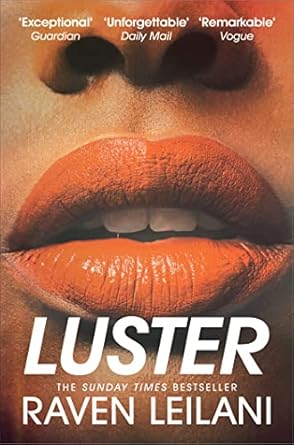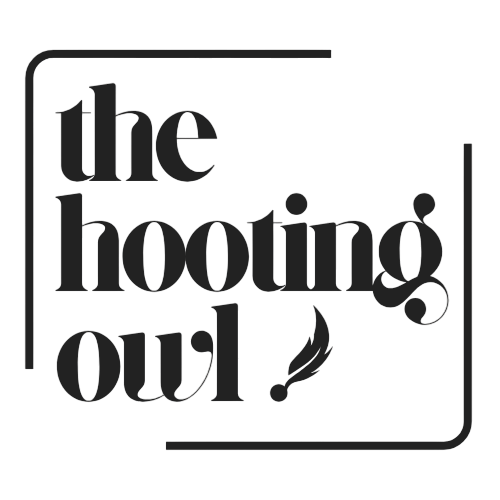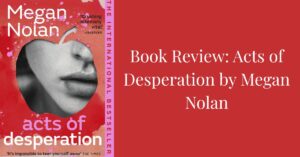I first heard about Luster by Raven Leilani when it made Obama’s list of favourite books for 2020. At the time, I was reading poetry by Ocean Vuong and had no interest in reading another American book about racism. It was the year of George Floyd and Ahmaud Arbery and the literary world was caught in the whirlpool of race talk. All booklists featured White Fragility (Robin Deangelo) and How to Be an Antiracist (Ibram X. Kendi) and poetry was the furthest I could get from all that noise. Luster made my TBR list in 2024, being in the genre of messy female protagonist (as well as literary fiction and humor).
The story is about Edie, a twenty something-year-old woman living in New York. The loss of both her parents has left her a gaping crater of hunger and need for connection and this appears to be how she moves through the world. It is not then surprising that she puts the job she depends on for survival at risk by sleeping with sixteen people at work.

Word gets around about her sexcapades to the point where some men come to her with custom requests; they ask her to do things for them just like she did for some other guy at the office. Not long after, she is fired in a cloud of shame, and begins struggling financially.
In the midst of all that, she manages to tangle herself up with an older, white man in an open marriage — Eric. In the beginning, she is concerned with presenting only the parts of her she thinks are lovable. After losing her job though, the need for survival pushes her to show more of herself — her poverty, but also her art. Although the scale of economic power is tipped against her, she manages to wrangle an uneasy cohabitation with Eric’s wife and their black, adopted daughter out of that situation, essentially refusing to be the feel-good detour he expected her to be.
Luster is not only a story about race and the politics of economic power; it is also a book about women’s sexuality, in particular Edie’s sexuality, which is interwoven with a desire for violence. A desire to be hit and choked, which really is the physical manifestation of a deeper desire for self-evisceration. A common thread with all of these messy female protagonists is the need to disappear or to erase oneself, often loudly and violently like a supernova explosion during the death of a star.
Initially, this desire for violence put on paper like that made me uncomfortable — it still does. These are not the desires of all women. In fact, many women have worked hard over a long time to assert that violence is abusive and undesirable. With every turn of the page, I kept thinking Girl, no. Don’t ask him to choke you? What the hell kind of weird things are you into? Also, don’t go to his place. It’s weird! Eric’s wife may be nice, but when white women are being nice to you, that’s when you have to run! Did you not watch Get Out? As you can probably tell, it was an immersive book, but also an exhausting read. The themes covered are heavy and unpleasant and I often felt like I was watching one of those Couple’s Therapy shows where people fight cyclically about the same toxic things but hang onto each other even when it’s clear they’d be better off parting ways.
It wouldn’t be a black woman’s story if she didn’t bond with Eric’s adopted daughter over black hair care — how to comb kinks out and put braids in. Other themes featured are loneliness, desperation and even a bit about police brutality, which I suppose were meaningful to the right audience. I was just in it for the personal drama. Raven Leilani was praised for her wry wit and many readers even found the book profound, relatable, and well written. I was not all the way convinced. It was a three-star read for me.
What are you reading?







